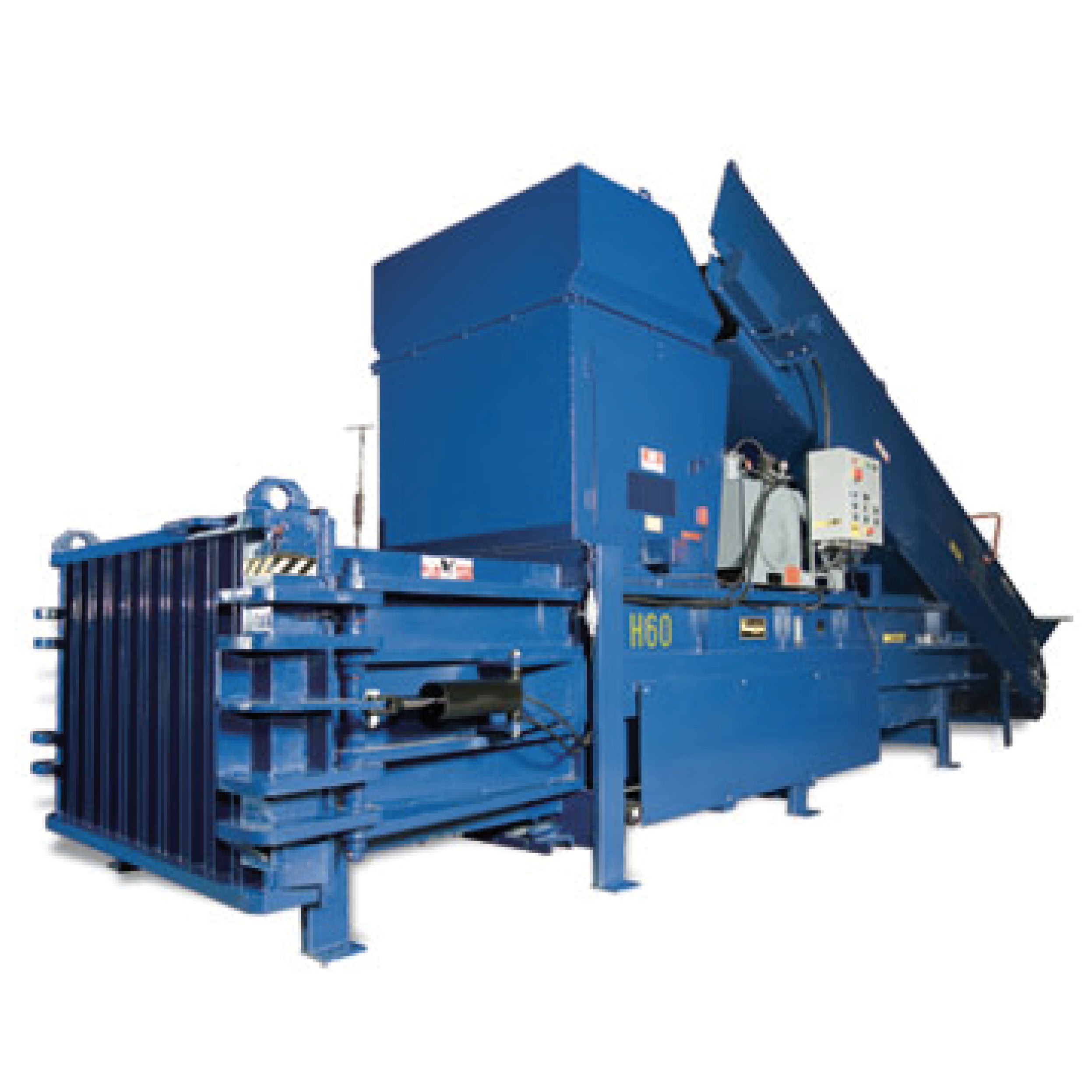
The Importance of Baler Repair and Maintenance: Ensuring Efficiency and Longevity
In the fast-paced world of commercial operations, machinery breakdowns can lead to costly downtime and inefficiency. One crucial piece of equipment in waste management and recycling industries is the baler. Ensuring that your baler is in top working condition through regular maintenance and timely baler repair is essential for uninterrupted operations. Learn about the commercial use of balers, the signs that indicate they need repair, the consequences of neglecting maintenance, and practical tips for maintaining these machines. Additionally, we will guide you on how to find a reliable maintenance company and highlight the exceptional maintenance program offered by Bay Area Trash Compactor.
What is a Baler Used for Commercially?
Balers are machines designed to compress waste materials into compact, manageable bales. These bales can include cardboard, paper, plastic, metals, and other recyclable materials. In a commercial setting, balers are indispensable for managing large volumes of waste efficiently, reducing disposal costs, and maximizing recycling efforts. By compressing waste, businesses can save on space, lower transportation costs, and contribute to environmental sustainability. From retail stores and manufacturing plants to recycling centers and distribution warehouses, balers are a cornerstone of effective waste management.
Signs You Need Baler Repair
Recognizing the early signs of a baler in need of repair can prevent minor issues from escalating into major problems. Here are some common indicators:
- Unusual Noises: Grinding, squealing, or banging noises during operation suggest mechanical issues.
- Decreased Performance: If the baler is not compressing materials as efficiently as before, it may be experiencing internal problems.
- Hydraulic Leaks: Puddles of hydraulic fluid around the machine are a clear sign of a leak that needs immediate attention.
- Frequent Jamming: Constant jamming of materials can indicate worn-out components or misalignment.
- Overheating: Excessive heat generation can signal that the baler is overworked or has inadequate lubrication.
- Electrical Issues: Faulty wiring, blown fuses, or erratic behavior of the control panel are red flags.
The Downsides of Avoiding Baler Maintenance
Neglecting regular maintenance can lead to several detrimental consequences:
- Increased Downtime: Frequent breakdowns result in operational delays, affecting productivity.
- Higher Repair Costs: Small issues can turn into significant problems requiring expensive repairs or replacements.
- Safety Hazards: Malfunctioning balers can pose serious safety risks to employees, leading to potential injuries and liability issues.
- Reduced Lifespan: Lack of maintenance accelerates wear and tear, shortening the machine’s operational life.
- Inefficiency: A poorly maintained baler consumes more energy and works less efficiently, increasing operational costs.
How Often Should You Perform Maintenance?
The frequency of maintenance depends on the usage and operating environment of the baler. Generally, a thorough inspection and maintenance routine should be performed every 3 to 6 months. For balers in high-use environments, monthly checks might be necessary to ensure optimal performance. Always refer to the manufacturer’s guidelines for specific maintenance intervals and procedures.
Things You Can Do Yourself for Baler Maintenance
While professional maintenance is crucial, there are several routine tasks you can perform to keep your baler in good condition:
- Regular Cleaning: Keep the baler free of debris and dust to prevent blockages and wear.
- Lubrication: Apply lubricants to moving parts as recommended by the manufacturer to reduce friction and wear.
- Check Hydraulic Fluids: Regularly monitor hydraulic fluid levels and top up as needed.
- Inspect Belts and Chains: Ensure that all belts and chains are in good condition and properly tensioned.
- Monitor Electrical Components: Check for loose connections and signs of wear in electrical wiring.
- Test Safety Features: Regularly test emergency stops and other safety mechanisms to ensure they are functioning correctly.
Tips for Finding a Good Baler Repair and Maintenance Company
When it comes to professional maintenance, finding a reliable company is essential. Here are some tips:
- Experience and Expertise: Look for companies with a proven track record in baler maintenance and repair.
- Certifications and Training: Ensure that the technicians are certified and trained to work on your specific type of baler.
- Customer Reviews: Check online reviews and testimonials from other businesses to gauge the company’s reputation.
- Service Range: Opt for companies that offer a comprehensive range of services, including emergency repairs.
- Response Time: Quick response times are critical to minimize downtime in case of a breakdown.
- Transparent Pricing: Choose a company that offers clear, upfront pricing without hidden charges.
Conclusion
Maintaining your baler through regular inspections and timely repairs is vital for the efficiency and longevity of your operations. By being proactive about maintenance, you can avoid costly downtime, enhance safety, and ensure that your waste management processes run smoothly. For businesses in the Bay Area, partnering with a reliable maintenance provider like Bay Area Trash Compactor can make all the difference.
Call Bay Area Trash Compactor
If you are looking for a trusted partner to handle your baler maintenance, Bay Area Trash Compactor offers an exceptional maintenance program tailored to your needs. With over 30 years of experience, we provide comprehensive services, including scheduled maintenance, emergency repairs, and expert consultations. Our team of certified technicians ensures that your equipment operates at peak performance, minimizing downtime and extending the lifespan of your machinery.
Visit Bay Area Trash Compactor’s Maintenance Program to learn more about our services and schedule your maintenance today. Keep your operations running smoothly with the peace of mind that comes from working with industry leaders in baler repair and maintenance.
Contents
